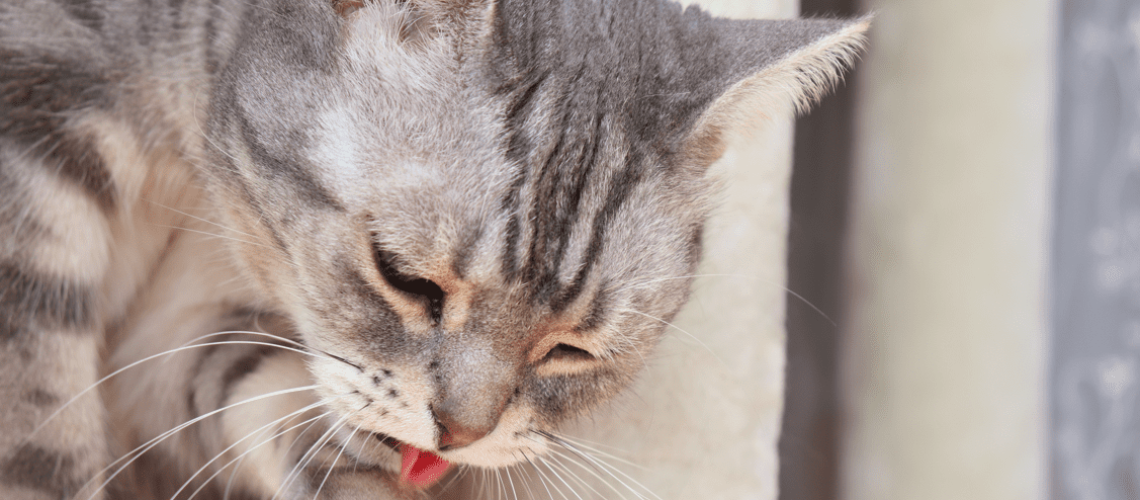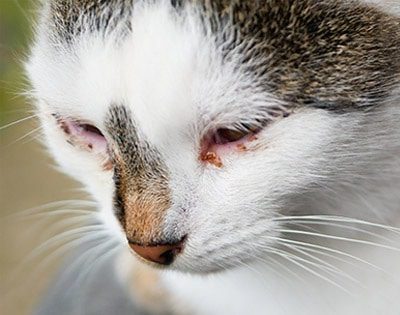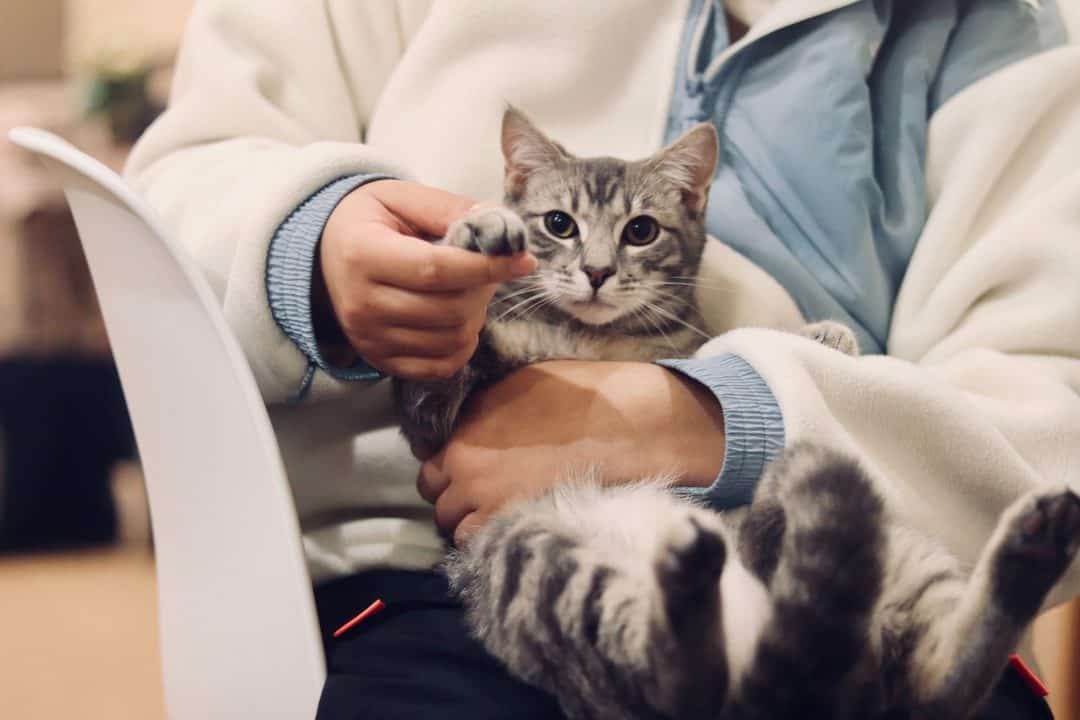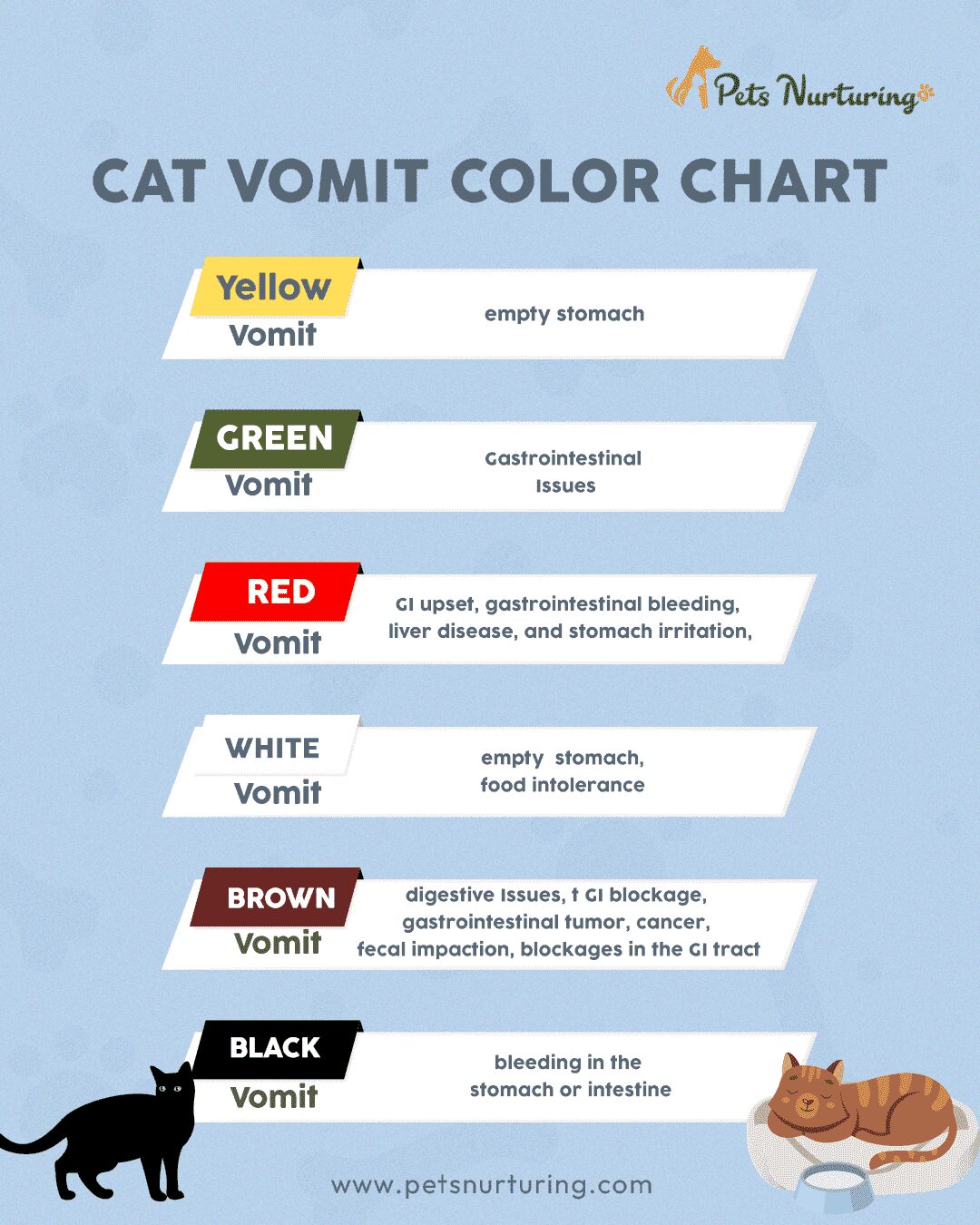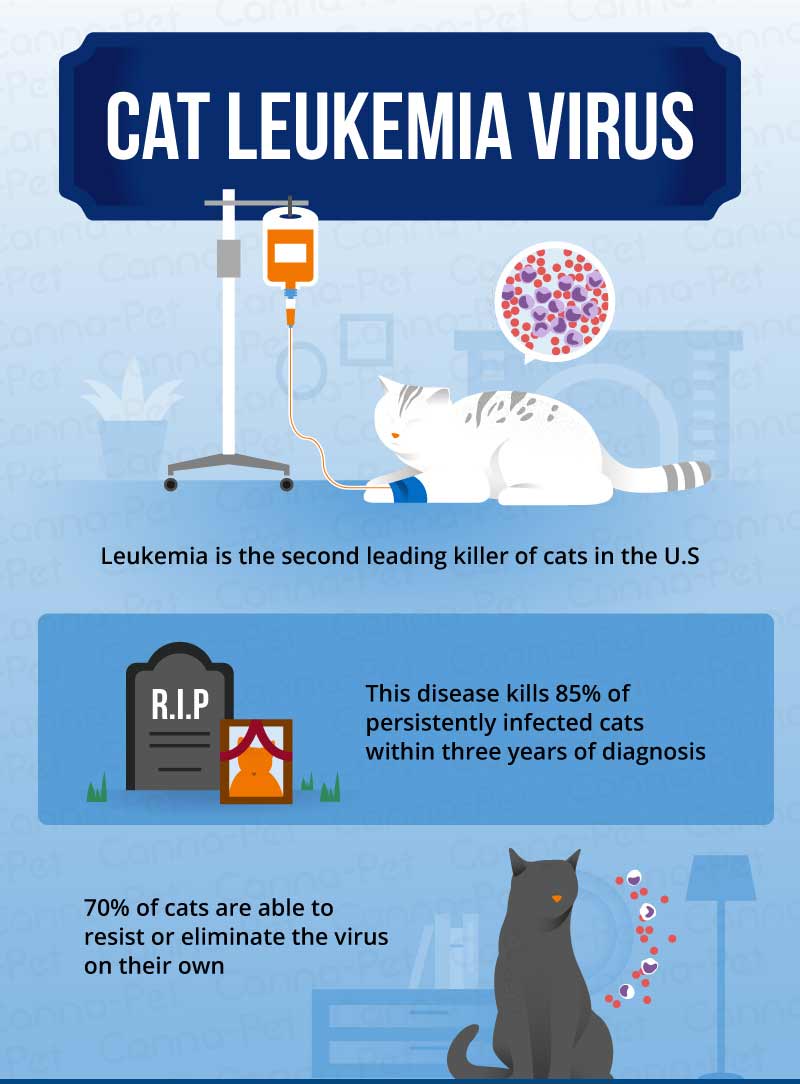Introduction:
Are you a cat lover who wants to ensure the health and happiness of your furry friend? If so, understanding when vomiting becomes a concern for cats is essential knowledge that can make a world of difference. Imagine being able to identify potential health issues early on, saving your beloved pet from unnecessary discomfort and costly veterinary bills. In this article, we will delve into the topic of when vomiting becomes a concern for cats, exploring the signs to watch out for and why it matters. So, get ready to become an expert in feline health as we uncover the secrets behind your cat's upset stomachs. Let's jump right in!
Key Takeaways:
- Recurrent or persistent vomiting in cats should be taken seriously and evaluated by a veterinarian.
- Vomiting can be a sign of various underlying health issues, such as gastrointestinal disorders, infections, or organ dysfunction.
- Cats that vomit frequently may experience dehydration and nutrient deficiencies, requiring prompt medical attention.
- Changes in diet or eating habits, as well as exposure to toxins or foreign objects, can trigger vomiting in cats.
- Treatment for vomiting in cats may involve dietary adjustments, medication, fluid therapy, and addressing the underlying cause.
What is Vomiting in Cats and Why Does it Happen?
Understanding the Basics of Cat Vomiting
Vomiting in cats refers to the forceful expulsion of stomach contents through the mouth. It is a common occurrence and can happen for various reasons. Cats have a sensitive digestive system, which means they may vomit more frequently compared to other animals.
Possible Causes of Cat Vomiting
There are several reasons why cats vomit, including:
1. Hairballs: Cats groom themselves by licking their fur, which can lead to the ingestion of hair. This hair can accumulate in their stomachs and form hairballs, causing them to vomit.
2. Dietary Indiscretion: Cats are curious creatures and may eat things they shouldn't, such as plants or spoiled food. This can irritate their stomachs and result in vomiting.
3. Food Allergies: Some cats may be allergic to certain ingredients in their food, leading to gastrointestinal upset and vomiting.
4. Intestinal Parasites: Worms or other parasites residing in a cat's intestines can cause vomiting.
5. Gastrointestinal Disorders: Cats can suffer from conditions like gastritis (inflammation of the stomach lining) or inflammatory bowel disease, which can cause chronic vomiting.
It's important to note that occasional vomiting is normal for cats, but frequent or persistent vomiting should be evaluated by a veterinarian.
How Often is Normal for a Cat to Vomit?
Cats naturally groom themselves using their tongues, which leads to the ingestion of loose fur. This ingested fur usually passes through the digestive system without causing any issues. However, sometimes cats develop hairballs, especially if they have long fur or excessive grooming habits.
Hairball-related vomiting is relatively common among cats and typically occurs once every week or two. If your cat vomits a hairball occasionally, it is generally considered normal and not a cause for concern.
However, if your cat is vomiting more frequently or experiencing other symptoms like loss of appetite, weight loss, or lethargy, it may indicate an underlying health issue. In such cases, it is advisable to consult with a veterinarian to determine the cause and appropriate treatment.
Signs that Show Vomiting is a Concern for Cats
While occasional vomiting may not be a cause for worry, certain signs indicate that vomiting in cats should be taken seriously:
1. Frequent Vomiting: If your cat vomits more than once a week or exhibits persistent vomiting over several days, it could indicate an underlying health problem.
2. Changes in Behavior: If your cat shows signs of discomfort, pain, or distress before or after vomiting, it's important to seek veterinary attention.
3. Blood in Vomit: The presence of blood in vomit (either bright red or resembling coffee grounds) can be indicative of gastrointestinal bleeding and requires immediate medical attention.
4. Other Symptoms: Loss of appetite, weight loss, diarrhea, dehydration, or lethargy accompanying vomiting are concerning signs that warrant veterinary evaluation.
If you notice any of these signs in your cat's vomiting episodes, it's crucial to consult with a veterinarian to ensure proper diagnosis and treatment.
Foods or Treats that Can Make Cats Vomit More
Certain foods and treats can trigger digestive upset and increase the likelihood of vomiting in cats. It's essential to be mindful of what you feed your feline companion to prevent unnecessary discomfort. Here are some foods and treats that can make cats vomit more:
1. Dairy Products: While many cats enjoy the taste of milk or cheese, most adult cats are lactose intolerant. Consuming dairy products can lead to digestive upset and subsequent vomiting.
2. Rich or Fatty Foods: Foods high in fat, such as bacon or fried meat, can be challenging for cats to digest. Feeding these foods can cause gastrointestinal upset and vomiting.
3. Spoiled Food: Cats have a keen sense of smell and are typically cautious about eating spoiled food. However, if they accidentally consume spoiled food, it can lead to vomiting and other digestive issues.
4. Sudden Diet Changes: Abruptly switching your cat's diet without proper transition can upset their stomach and result in vomiting.
5. Certain Plants: Some plants, such as lilies, are toxic to cats and can cause vomiting if ingested.
To prevent excessive vomiting, it's important to provide your cat with a balanced diet specifically formulated for feline nutritional needs. Additionally, avoid feeding them human foods that may be harmful to their digestive system.
Common Medical Conditions Causing Excessive Vomiting in Cats
Excessive vomiting in cats can be a symptom of various underlying medical conditions. While occasional vomiting is normal for cats, persistent or frequent episodes may indicate the presence of an underlying health issue. Here are some common medical conditions that can cause excessive vomiting in cats:
1. Gastroenteritis: This refers to inflammation of the stomach and intestines and is often caused by dietary indiscretion or infections.
2. Inflammatory Bowel Disease (IBD): IBD is a chronic condition characterized by inflammation in the lining of the digestive tract. It can lead to frequent vomiting along with diarrhea and weight loss.
3. Pancreatitis: Pancreatitis is the inflammation of the pancreas and can cause severe abdominal pain, nausea, and recurrent vomiting in cats.
4. Kidney Disease: Cats with kidney disease may experience increased frequency of vomiting due to the accumulation of toxins in their bloodstream.
5. Hyperthyroidism: Hyperthyroidism occurs when the thyroid gland produces an excess of thyroid hormone. This condition can cause gastrointestinal symptoms, including vomiting.
If your cat is experiencing excessive vomiting, it is crucial to consult with a veterinarian for proper diagnosis and treatment. The underlying medical condition needs to be addressed to alleviate the vomiting and improve your cat's overall health and well-being.
When Should You Seek Help if Your Cat is Vomiting?
While occasional vomiting may not be a cause for immediate concern, there are certain situations when you should seek veterinary help if your cat is vomiting:
1. Frequency and Duration: If your cat vomits more than once a week or experiences persistent vomiting over several days, it's important to consult with a veterinarian.
2. Blood in Vomit: The presence of blood in vomit (either bright red or resembling coffee grounds) can indicate a serious underlying condition that requires prompt medical attention.
3. Other Symptoms: If your cat exhibits additional concerning symptoms like loss of appetite, weight loss, diarrhea, dehydration, or lethargy along with vomiting, it is advisable to seek veterinary evaluation.
It's always better to err on the side of caution when it comes to your cat's health. Consulting with a veterinarian will help determine the cause of the vomiting and ensure appropriate treatment is provided.
Home Remedies and Treatments for Alleviating Cat Vomiting
While it's essential to consult with a veterinarian for proper diagnosis and treatment of frequent or persistent vomiting in cats, there are some home remedies and treatments that can provide temporary relief. Here are a few options you can try:
1. Fasting: If your cat has vomited but appears otherwise healthy, fasting them for 12-24 hours may help rest their digestive system. After the fasting period, gradually reintroduce small amounts of easily digestible food.
2. Bland Diet: Offering a bland diet consisting of boiled chicken or fish with plain rice can be soothing to the stomach. This can help alleviate vomiting and provide some nourishment.
3. Hairball Remedies: If hairballs are a recurring issue, using hairball remedies or lubricants specifically formulated for cats can help them pass the hair more easily through their digestive system.
4. Probiotics: Probiotic supplements designed for cats can help restore the balance of beneficial gut bacteria, which may aid in reducing gastrointestinal upset and vomiting.
5. Antiemetic Medications: In some cases, veterinarians may prescribe antiemetic medications to control vomiting episodes and provide relief.
It's important to note that these home remedies should only be used under the guidance of a veterinarian and as a temporary measure until a proper diagnosis is made. The underlying cause of frequent vomiting needs to be addressed for long-term resolution.
Determining the Underlying Cause of Frequent Cat Vomiting
Determining the underlying cause of frequent cat vomiting requires a thorough evaluation by a veterinarian. The vet will consider various factors, including your cat's medical history, diet, lifestyle, and any additional symptoms present. They may perform diagnostic tests such as bloodwork, fecal examination, X-rays, or ultrasound to identify the cause.
Some common causes that veterinarians investigate when diagnosing frequent cat vomiting include:
1. Gastrointestinal Disorders: Conditions like gastritis, inflammatory bowel disease (IBD), or intestinal parasites need to be ruled out through appropriate testing.
2. Food Allergies or Intolerances: Your vet may recommend an elimination diet trial to determine if certain ingredients in your cat's food are causing an allergic reaction or intolerance.
3. Organ Dysfunction: Kidney disease, liver disease, pancreatitis, or hyperthyroidism can all contribute to frequent vomiting and require specific diagnostic tests for accurate diagnosis.
Based on the findings from these evaluations, your veterinarian will develop an appropriate treatment plan to address the underlying cause of the vomiting and alleviate your cat's symptoms.
Preventive Measures to Reduce Cat's Excessive Vomiting
While occasional vomiting is normal for cats, there are preventive measures you can take to reduce the frequency of excessive vomiting. Here are some tips:
1. Hairball Prevention: Regular grooming and brushing your cat's fur can help minimize hair ingestion and the formation of hairballs.
2. Diet Management: Feed your cat a balanced and high-quality diet that meets their nutritional needs. Avoid sudden diet changes, and if necessary, transition to a new food gradually.
3. Food Selection: Avoid feeding your cat foods that are known to trigger digestive upset or allergies, such as dairy products or spoiled food.
4. Environmental Enrichment: Provide mental stimulation and environmental enrichment for your cat to reduce stress levels, as stress can contribute to gastrointestinal issues.
5. Regular Veterinary Check-ups: Schedule routine veterinary check-ups for your cat to monitor their overall health and detect any potential issues early on.
By implementing these preventive measures, you can help maintain your cat's digestive health and minimize the occurrence of excessive vomiting. However, if vomiting becomes frequent or persistent despite these measures, it is crucial to consult with a veterinarian for further evaluation and appropriate treatment.
In conclusion, if your cat is vomiting frequently or showing signs of distress, it is important to seek veterinary care. Vomiting can be a concern for cats and should not be ignored.
What does concerning cat vomit look like?
If vomit contains dark, tarry, or coffee ground-like particles, it may indicate the presence of partially digested blood, which requires a trip to the vet. If cat vomit is yellow or pale green, it could be bile and may indicate an underlying illness or condition. According to Ward, it can be difficult to remove from carpets.
Do I need to take my cat to the vet for vomiting?
However, if your cat vomits immediately after eating, it may be a sign of a more serious health problem such as hairballs, a blockage in the digestive system, dehydration, or problems with the esophagus. If your cat consistently vomits right after eating, it's important to take them to the veterinarian.
Why is my cat throwing up but acting normal?
There can be various reasons why cats may vomit. It could be due to overeating or eating too quickly. They might have ingested something inappropriate or could be unwell. Regrettably, vomiting is a behavior that cats may display occasionally, hopefully not when guests are present during mealtime.
What are 4 signs your cat is suffering?
Signs that a cat may be in pain include a decrease in interest in activities such as playing, socializing, and exploring, as well as a tendency to withdraw and hide. The cat may also appear to be walking with a limp and show increased sensitivity to touch in certain areas of their body. Additionally, there may be a reduction in overall movement and activity.
What color vomit is bad for cats?
If your cat vomits red substance and you're not sure if it's from consuming a non-toxic substance with red coloring, it's likely that it contains blood. It's important to contact your veterinarian right away.
What color vomit is normal for cats?
The vomit of a healthy cat is typically a pale yellow or clear color. If your cat's vomit has a different color, it may be a sign of a health issue.



